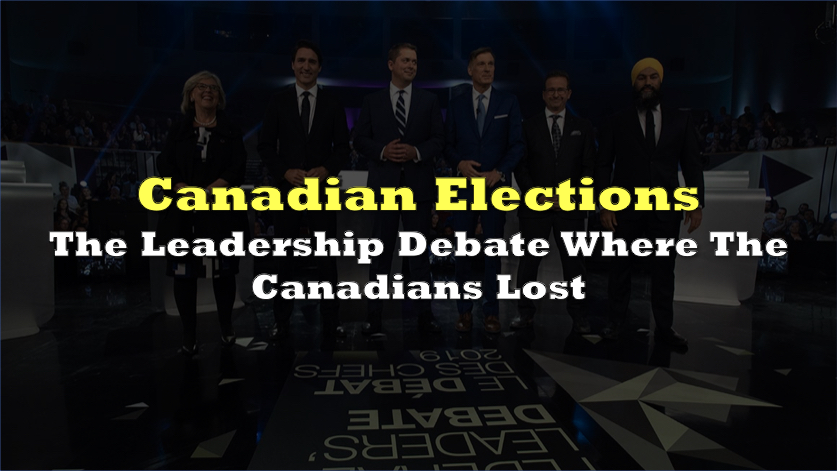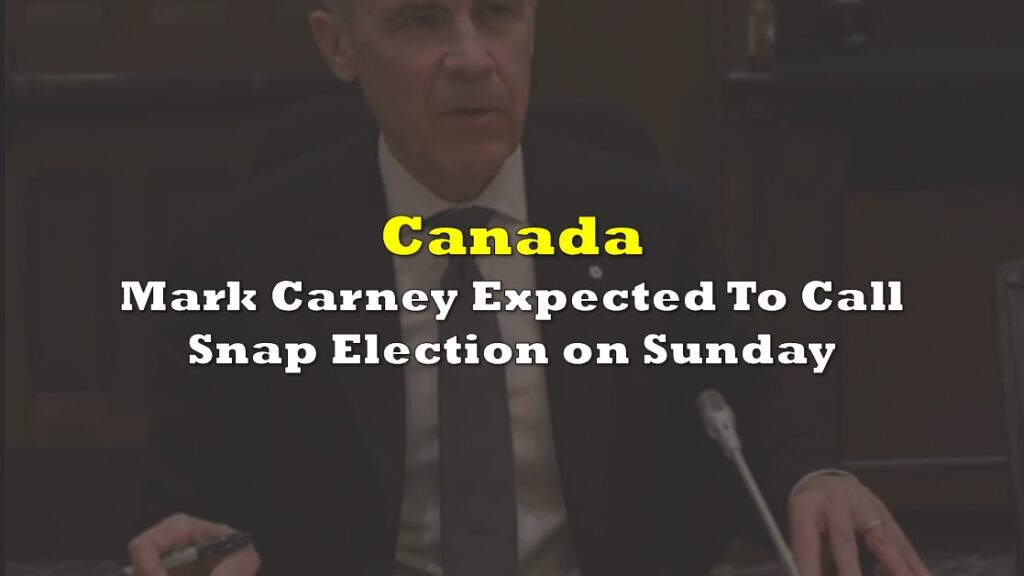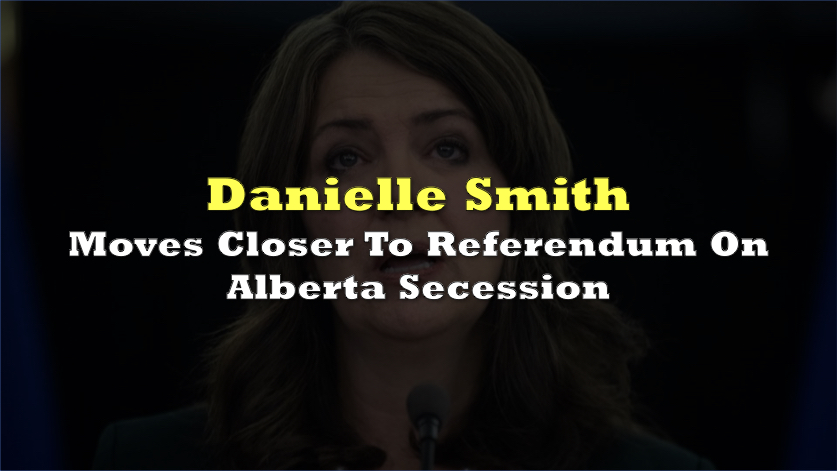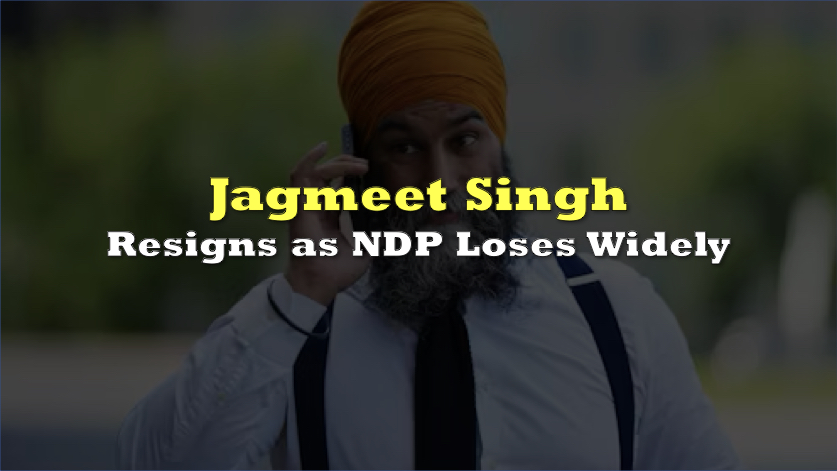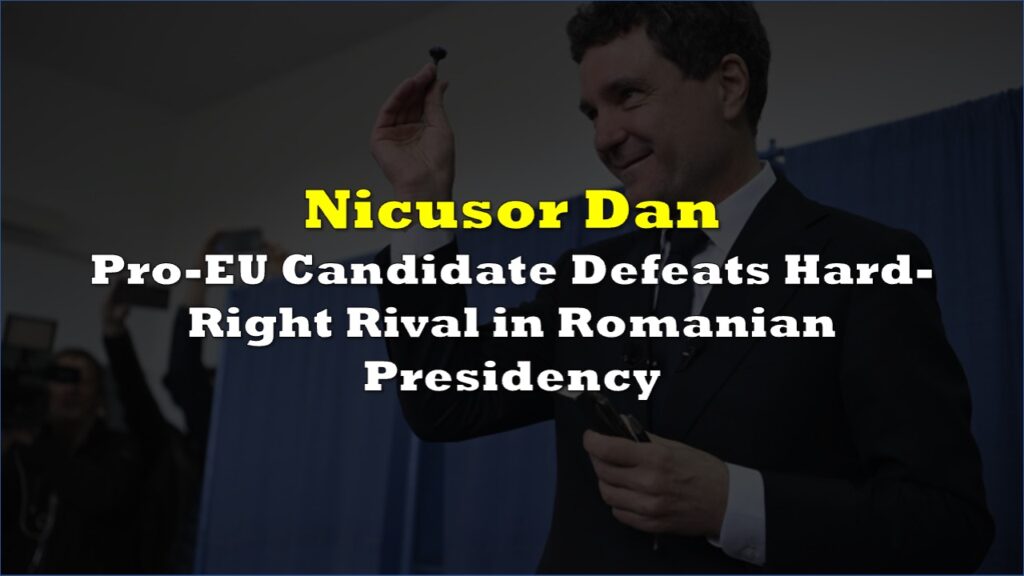In the recent pivotal leadership debate, key frontrunners Mark Carney and Pierre Poilievre engaged in sharp exchanges while Jagmeet Singh was considered a meddlesome middle.
Carney's hidden strength is to be boring and pedantic.
— Warren Kinsella (@kinsellawarren) April 17, 2025
Poilievre, leading the Conservatives, methodically attacked Liberal policies on affordability and governance, asserting, “The question you have to ask is after a decade of Liberal promises, can you afford food? Is your housing more affordable than it used to be? What is your cost of living like compared to what it was a decade ago?”
He further confronted Carney directly, accusing him of parroting prepared talking points scripted by former Prime Minister Justin Trudeau’s advisors, intensifying scrutiny of Carney’s independence from the incumbent government.
🚨 CALL 911! Poilievre just committed murder on LIVE TV! pic.twitter.com/Cz4BpJCkjD
— mistersunshinebaby (@mrsunshinebaby) April 17, 2025
Poilievre also confronted Carney on pipelines, accusing him of not supporting Canadian energy infrastructure.
“Just the other day he said he doesn’t necessarily think we need to build pipelines,” Poilievre claimed. “We have to send Canadian oil from Western Canada through the states just to get it back east because we don’t have a pipeline.” He reiterated the Conservative vow to repeal Bill C-69, calling it an “anti-pipeline” law.
Carney responded by highlighting the Liberal government’s purchase of the Trans Mountain pipeline and expressed interest in building energy infrastructure, including pipelines, while stressing interprovincial cooperation. “We can give ourselves far more than Donald Trump can ever take away,” he said.
An analyst noted that Poilievre’s claim that Carney served as Trudeau’s economic advisor for five years is false, but he did become the chair of the Task Force on Economic Growth in September 2024.
Pierre Poilievre slams Mark Carney to his face on being Trudeau's economic advisor for 5 years and now not knowing that the Liberal law C-69 blocks all pipeline projects. pic.twitter.com/t5xj7CIdRU
— Stephen Taylor (@stephen_taylor) April 17, 2025
Are you denying you were his economic advisor?
— Terry Newman (@TLNewmanMTL) April 18, 2025
Carney also faced questions about corporate tax reform. He called for a “comprehensive review” of the corporate tax system, emphasizing the need for “fairness, transparency, sustainability and competitiveness.” He noted that Canada must align with global standards such as the OECD’s international minimum tax framework.
NDP’s Singh attacked Carney’s business background, citing his tenure at Brookfield Asset Management and alleging conflicts tied to sheltered assets.
Will you remove tax avoidance loopholes you enjoy….
— Terry Newman (@TLNewmanMTL) April 18, 2025
non-answer
Carney defended his record, stating, “I’ve always acted with integrity,” and described Brookfield as a “Canadian success story” benefiting domestic investors.
In addition, Singh drew sharp criticism from both commentators and the public for frequent interruptions, seen as attempts to command attention on what some analysts speculate may be his final national debate stage. Observers noted Singh’s repeated “heckling and interrupting.”
For voters who tuned into this debate to hear the difference between @MarkJCarney and @PierrePoilievre on who should form the next government, it is likely very, very frustrating to have @theJagmeetSingh heckling and interrupting and talking over them again and again and again.
— Rob Shaw (@RobShaw_BC) April 18, 2025
Oh my god cut Singh's mic
— Robyn Urback (@RobynUrback) April 18, 2025
The sad part is @theJagmeetSingh destroyed his party and will personally get extremely wealthy in doing so. He is setting himself up for life. Singh is the winner in all of this. Brilliant grift. Brilliant.
— Martin Pelletier (@MPelletierCIO) April 18, 2025
Mr Singh…. Please. pic.twitter.com/MppSbXEo4j
— Shaye Ganam (@ShayeGanam) April 18, 2025
I think Singh realizes this is his last time on a national debate stage so he wants to get as many words in as possible, even if it's when someone else is speaking
— Robyn Urback (@RobynUrback) April 17, 2025
Analyst Karl Bélanger pointed out Singh’s strategy aimed to distinguish himself by aggressively targeting Poilievre rather than Carney, potentially reclaiming progressive voters who fear a Conservative victory.
Singh's strategy is to recover voters from the Liberals by going harder at Poilievre than Carney.
— Karl Bélanger ✖ (@KarlBelanger) April 18, 2025
The underlying message is that Carney is soft on Poilievre because he agrees with him on many things.
Singh will not back down from fighting Conservatives, ever.
Jagmeet made a deal with Carney. There's no other explanation.
— Martyupnorth®- Unacceptable Fact Checker (@Martyupnorth_2) April 17, 2025
Bloc Québécois leader Yves-François Blanchet’s frank admission of not wanting to govern meanwhile reignited discussions on the party’s participation in national debates.
Blanchet literally just said he doesn't want to lead the country. Remind me again why the Bloc is involved in the debates?
— The Deep Dive (@TheDeepDive_ca) April 18, 2025
We need a one-on-one debate between Poilievre and Carney.
— Robyn Urback (@RobynUrback) April 18, 2025
Invite Blanchet and Singh, but distract them at the last minute with (for Blanchet) an English menu from a restaurant in Trois Rivieres and (for Singh) a credit card receipt for a blood test
In a surprising development, security concerns led to the cancellation of the traditional post-debate media scrums. The incident reportedly followed a heated confrontation involving Ezra Levant from Rebel Media and another journalist, raising tensions and overshadowing the evening’s discussions.
No scrum. Imagine pic.twitter.com/lY4zGzkXZb
— Terry Newman (@TLNewmanMTL) April 18, 2025
The Debate Commission has cancelled the scrums with the leaders after the debate has finished.
— Mackenzie Gray (@Gray_Mackenzie) April 18, 2025
Earlier tonight, there was a heated argument in the media room with Ezra Levant from the Rebel and another journalist #cdnpoli
Ezra Levant kicked out of the debate in altercation.
— SmallCapSteve (@smallcapsteve) April 17, 2025
CBC has spent much of their pre debate coverage taking about Rebel Media.
Early polling data by Abacus Data revealed that Carney emerged with the highest positive impression score (+37), followed by Poilievre (+23), with Singh trailing significantly at (+6). Despite Carney’s favorable impressions, voting intentions among viewers remained essentially tied—Poilievre garnering 43% and Carney close behind at 40%.
First English debate impressions from @abacusdataca
— David Coletto 🇨🇦 (@DavidColetto) April 18, 2025
Net Debate Impression (Positive-Negative)
🔴Mark Carney +37
🔵Pierre Poilievre +23
🟠Jagmeet Singh +6.
But on the question of who earned your vote it’s a virtual tie—Poilievre 43 %, Carney 40 %. Call it a draw.
More:…
Additionally, Polymarket data indicated initial negative reactions to Poilievre’s performance, suggesting potential volatility in public perception.
Pierre getting crushed on Polymarket right now.
— SmallCapSteve (@smallcapsteve) April 18, 2025
But looks like he executed his game plan, to be soft spoken.
The polls this time next week will prove if that was the right call, not Polymarket.
Analysts and pollsters indicate next week’s updated polling will be crucial in assessing the lasting impact of the debate.
Information for this story was found via CTV and the sources and companies mentioned. The author has no securities or affiliations related to the organizations discussed. Not a recommendation to buy or sell. Always do additional research and consult a professional before purchasing a security. The author holds no licenses.





